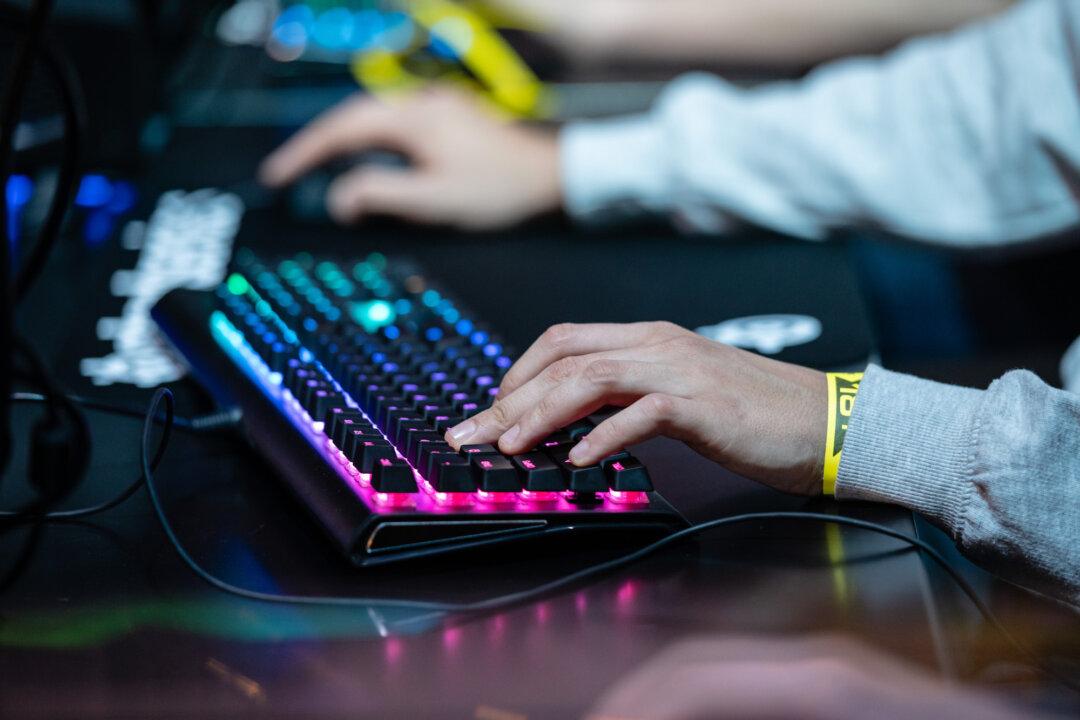An analysis from the Norwegian Competence Center for Gambling and Gaming Research found a significant link between problem gaming and suicidality, reflected in problem gaming’s association with suicide ideation and attempts.
“Although gaming for most is a fun and recreational activity, a small minority is expected to experience problems related to their gaming, for instance, conflicts with close ones or impaired physical and/or mental health,” the authors, led by Eilin Erevik wrote.





